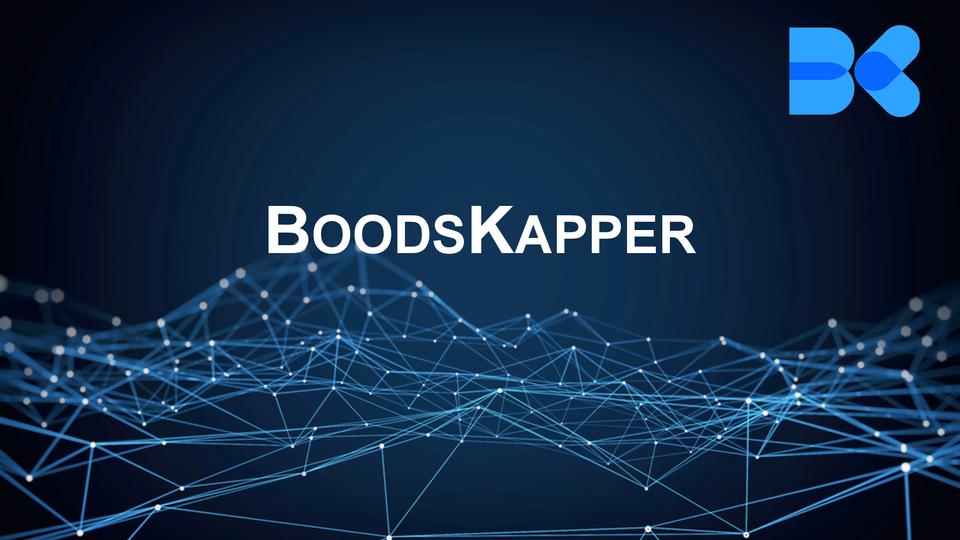Deal Abstract
Software-as-a-Service (SaaS) company eliminating inefficiency in government housing vouchers. Raising $1MM at a $6MM valuation. Reminds me of SeatAssignMate in that this is a high valuable technology, proving its chops in a highly regulated market with lots of stakeholders, that could become widely applicable to many other agencies with accompanying growing pains.
Decision
Yes (hypothetically.)
Why Investing/Passing
- Great valuation, good growth in revenue from 68k in 2017 to 198k in 2018.
- Selling to real clients with a highly defensible moat.
- This is investing first, and foremost. But the fact that these founders were willing to take off their schlep blindness to build something meaningful with greater social impact means they won’t always be optimizing for short-term gain, which is conversely a positive sign for their ability to prioritize the right metrics for long term growth.
The 11 Calacanis Characteristics
Passed on 6/11.
| Check | Pass/Fail |
| 1. Syndicate lead has >5 years investing and >1 unicorn investment | Fail |
| 2. A startup that is based in SV | Fail: (Dallas, TX) |
| 3. Has at least 2 founders | Pass |
| 4. Has product in the market | Pass |
| 5. 6 months of continuous user growth or 6 months of revenue. | Pass |
| 6. Notable investors? | Fail |
| 7. Post-funding, will have 18 months of runway | Pass: if they raise the minimum of 250k, at a burn of 14k/mth, that’s 19 months of time. |
| 8. Proprietary technology? | Fail |
| 9. Network effects? | Pass |
| 10. Economies of scale? | Pass |
| 11. Great branding? | Fail: I have no idea what Boodskapper is, name-wise despite reading through all the documentation. **Appended: the founder clarified to me that “BoodsKapper means messenger in Afrikaans and Finnish.” |
The 7 Thiel Questions
Good on 5/7 (!!)
- The Engineering question:
- Good: although AI and chatbots are not 10x tech, in the real estate sector where there’s nothing, industry standard divided by 0 is infinitely better.
- Good: although AI and chatbots are not 10x tech, in the real estate sector where there’s nothing, industry standard divided by 0 is infinitely better.
- The Timing question:
- Good: 2019 is a great time to start a SaaS business, but not sure if this is when govts/bizes are going to be ready to adopt this technology.
- The monopoly question:
- Good: yes. Especially for risk averse organizations, why would there be another AI company in real estate management for government? Maybe not as strong in monopoly for all sectors this applies in, but for this niche, very good chance at being the dominant player.
- The people question:
- Good: the founders seem well positioned to execute on this. I wish the CEO had more experience selling B2B/municipal governments though.
- The distribution question:
- Good/Bad: it’s hard to sell B2B and who knows. That said, the higher of difficulty here, the higher the difficulty for most startups.
- The durability question:
- Good: once you’re a vendor and providing the service, I imagine the government’s interesting in new adoption is very low, e.g. a very defensible contract.
- The secret question:
- Bad: why are businesses and governments going to adopt this technology now? I understand why this is a great time to be using digital technologies to solve problems with the decreasing costs, but the consumer side needs adoption.
- Bad: why are businesses and governments going to adopt this technology now? I understand why this is a great time to be using digital technologies to solve problems with the decreasing costs, but the consumer side needs adoption.
What has to go right for the startup to return money on investment:
- Rinse lather repeat selling to municipal housing departments.
- Figuring out the balance between technology and human assistance, then building a defensible brand that increases B2B selling speed.
- After dominating this one sector, quick and transferrable sales playbooks into other areas.
What the Risks Are
- What happened with the down round? Who are the venture advisors to this? A previously senior startup teammate or angel investor who help reduce a lot of mistakes for this company.
- Why did Dallas convert? What’s stopping other housing authorities from converting? Is the pain point acute enough for other decision makers to adopt this technology in rapid timelines?
- Will the company have to hire customer service reps at one point? This is not horrible, but is a non-trivial cost. Alternatively, this would also probably help strengthen sale and B2B closing speeds.

